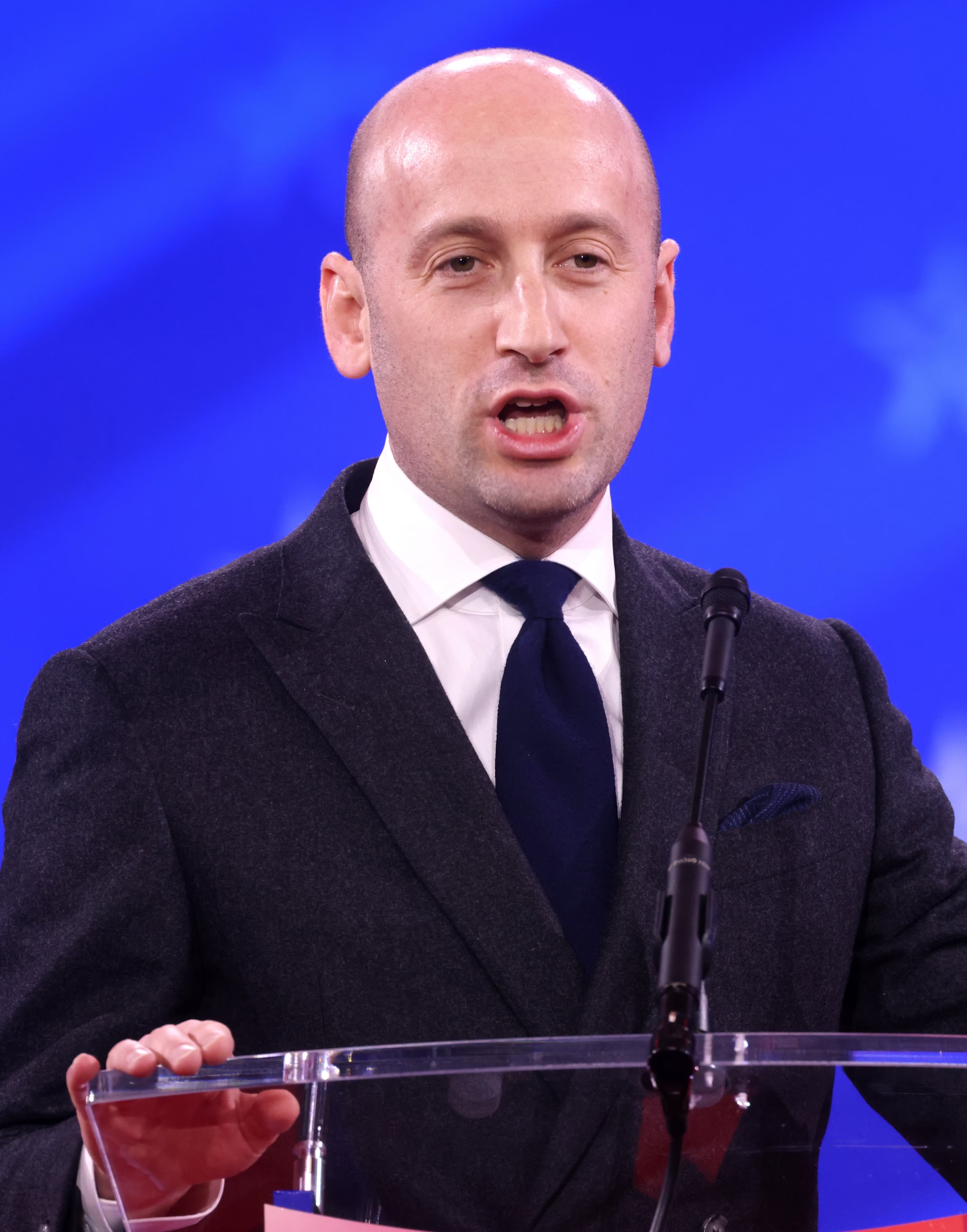Key Takeaways
• Stephen Miller’s uncle, Dr. David Glosser, branded him a “depraved fiend” in online posts
• The retired neuropsychologist also slammed the Trump administration as a threat to democracy
• Miller’s cousin, Alisa Kasmer, called him “the face of evil” in a separate viral comment
• These family attacks raise fresh questions about Miller’s influence and reputation
Stephen Miller’s reputation took a new hit this week when private posts from his uncle, Dr. David Glosser, surfaced. In them, the 75-year-old retired neuropsychologist blasted both Miller and his former boss, President Donald Trump. The messages, first reported by a national news site, show Miller’s own family divided over his role in shaping immigration and policy.
Family Words Turn Harsh
Soon after Trump’s inauguration, Glosser warned that the country faced “a full-blown crash of democratic institutions.” He blamed Trump’s circle of “oligarchs and ambitious sycophants” for risking democracy in exchange for cheap gas. Then, when a commenter called Miller “a depraved fiend,” the uncle agreed. He added that cruelty was always the point of their model for power.
Later, Dr. Glosser even dubbed the president “Mr. Orange,” mocking his refusal to follow the Constitution. He wrote that the nation was “led by knaves, sycophants and fools.” Through these remarks, he signaled that his nephew’s actions felt fundamentally un-American.
Cousin’s Harsh Critique
In a separate post, Miller’s cousin Alisa Kasmer echoed the fury. She admitted grief over watching someone she once loved become “the face of evil.” She stated she would never “knowingly let evil into my life,” even if it was family. This blunt declaration quickly spread across social media, fueling more debate over Miller’s legacy.
Repeated Family Fractures
This isn’t the first time Miller’s own kin have spoken out. In late 2018, Dr. Glosser warned that the nephew was “just an ambitious functionary of [Trump’s] dark impulse.” He predicted his worst expectations would soon be met. The uncle also condemned rising political racism, calling it a “complete repudiation of the American dream.”
Altogether, these comments paint a picture of deep resentment and alarm within Stephen Miller’s family. They suggest that personal ties could not soften their judgment of his policy work.
Why This Matters
These family statements matter for several reasons. First, they illustrate that Miller’s influence in the White House stirred strong emotions even among relatives. Second, they add to the public record of internal critiques of the administration’s direction. Finally, they highlight how family loyalty can break under political pressure.
Moreover, hearing harsh words from loved ones often resonates more than outside criticism. It shows that not all disagreements are partisan. Some cut far deeper, striking at moral or ethical concerns.
Social Media Buzz
After the Daily Beast report, social media lit up. Supporters of Miller dismissed the posts as political theater. Critics, however, shared screenshots widely, claiming that if his own uncle was alarmed, so should the public be.
On Twitter, posts with the phrase “depraved fiend” trended briefly. They appeared alongside hashtags about democracy and family values. Many users debated whether family criticism should influence public opinion.
Stephen Miller’s Response
At this point, Stephen Miller has not publicly responded to his uncle’s remarks. Given his low-profile return to private life, it remains unclear if he will address them at all. Past practice suggests Miller prefers to stay silent on family matters rather than fuel further headlines.
Looking Ahead
For observers, the key question is whether these revelations will change how people view Miller’s career. He played a central role in shaping strict immigration rules and building Trump’s messaging. His influence on policy remains a hot topic.
Meanwhile, Glosser’s and Kasmer’s words may echo as reminders of the personal costs behind political battles. They could also inspire other insiders to speak up if they hold concerns about public figures.
In the end, family criticism rarely makes policy headlines alone. Yet in this case, it underscores how controversial actions can fracture even the closest bonds.
Frequently Asked Questions
What did Stephen Miller’s uncle say about him?
Dr. David Glosser described Stephen Miller as a “depraved fiend” and said that cruelty has always been the point of Miller’s approach. He also criticized Trump’s circle as threats to democracy.
Why did Miller’s cousin call him “the face of evil”?
Alisa Kasmer felt grief over her cousin’s political role. She said she would not let “evil” into her life and used that phrase to show how far he had strayed from her personal values.
Has Stephen Miller commented on these family posts?
So far, Miller has not publicly addressed either his uncle’s or his cousin’s criticism. He has remained out of the spotlight since leaving the White House.
Could these family remarks affect Miller’s reputation?
Family attacks can carry weight, especially when they highlight moral or ethical concerns. While they may not change policy, they can shape public perception of him in the long run.
